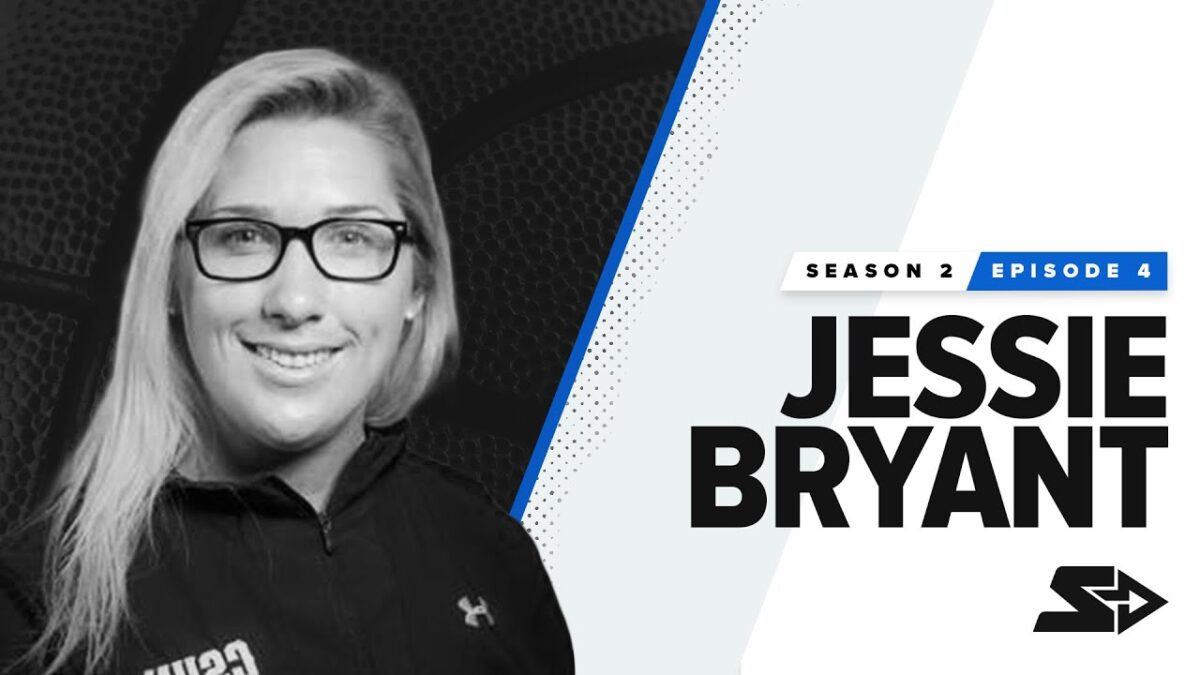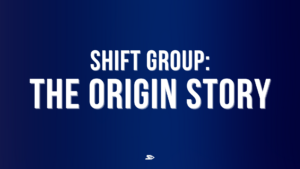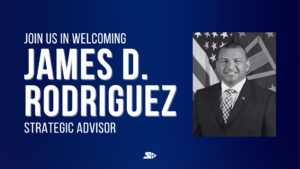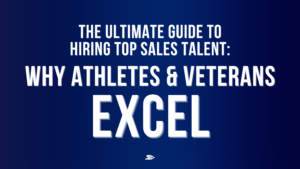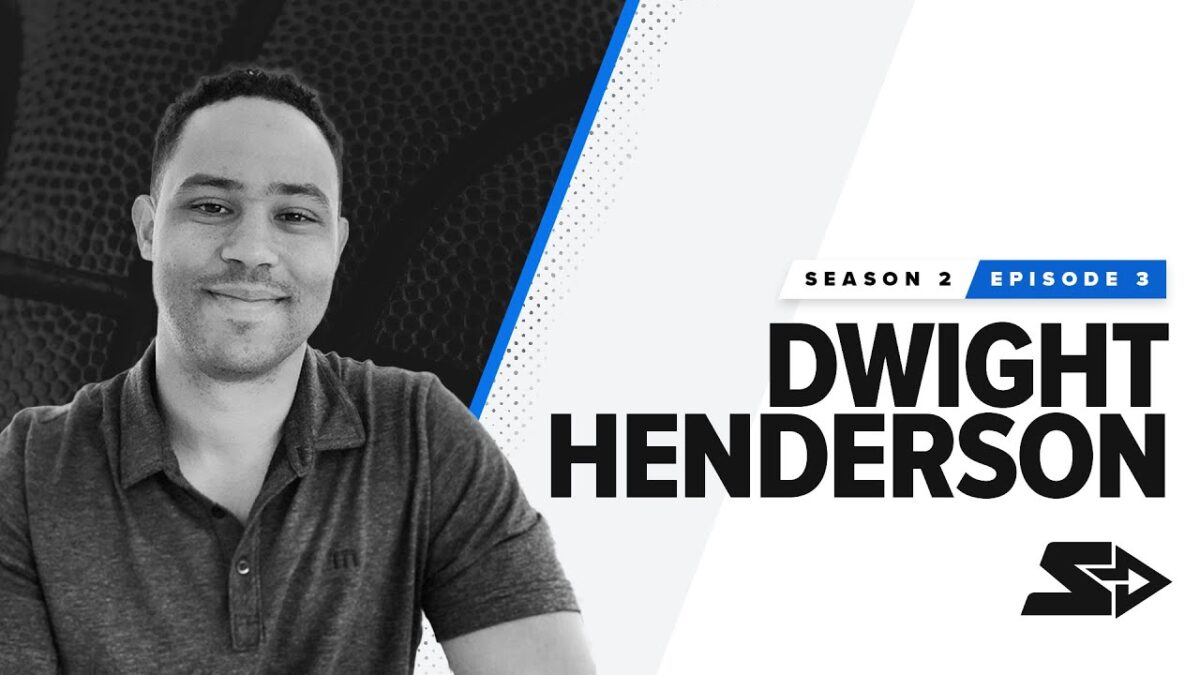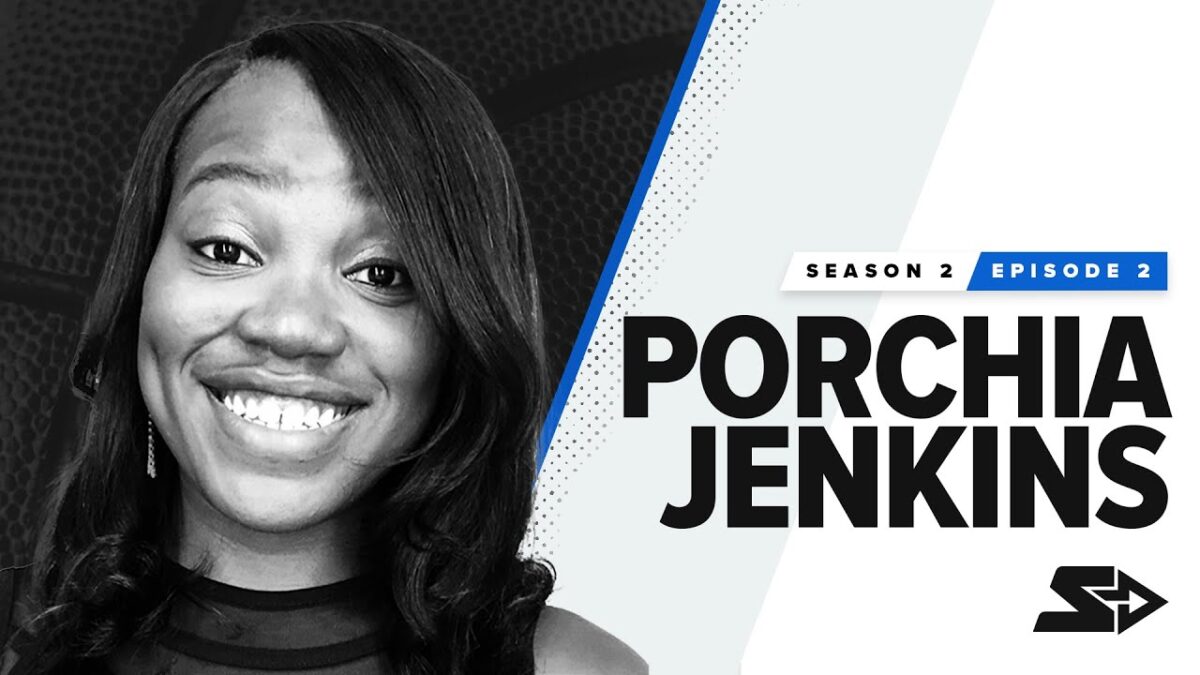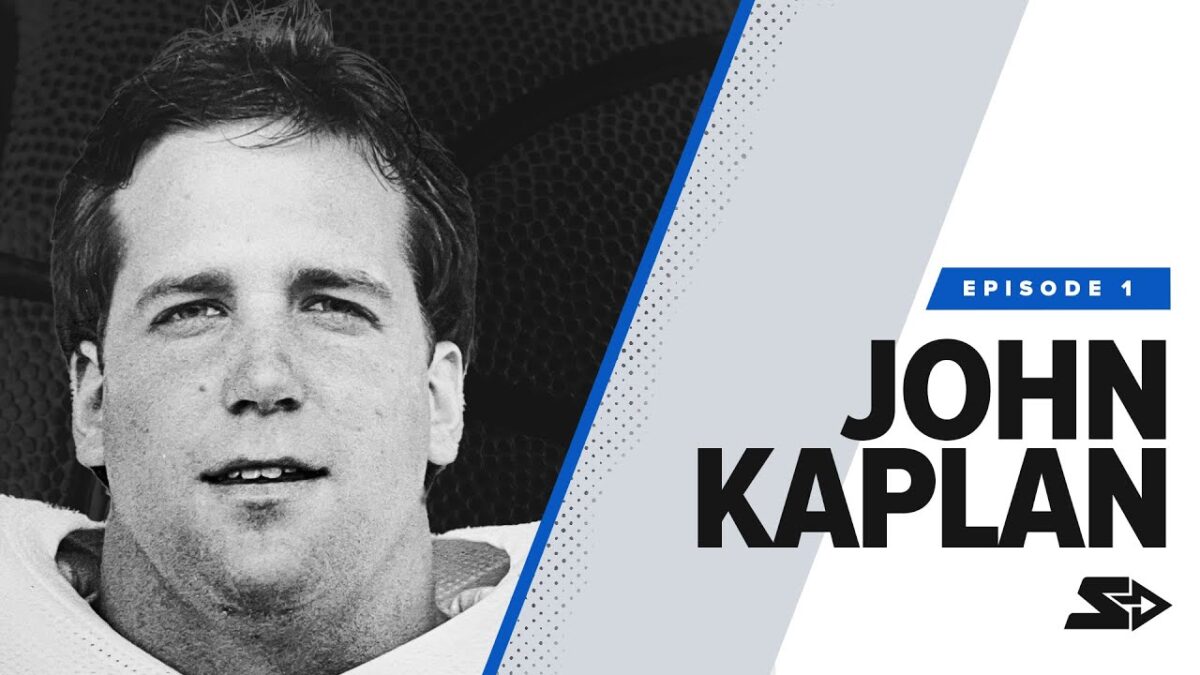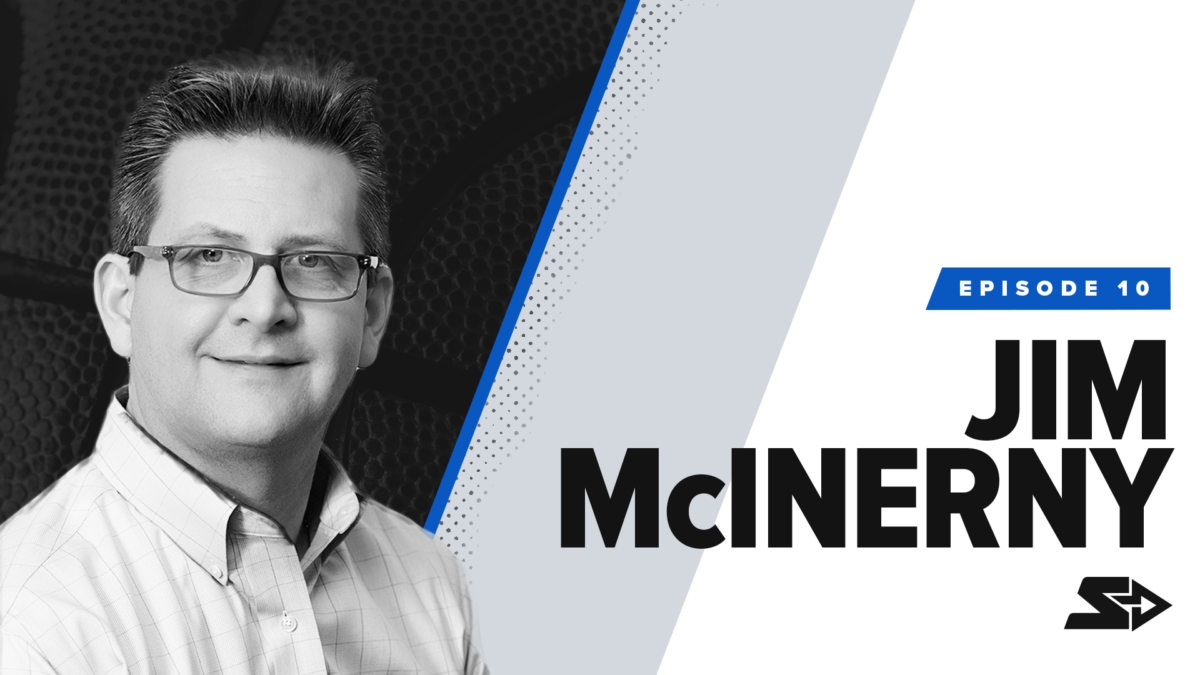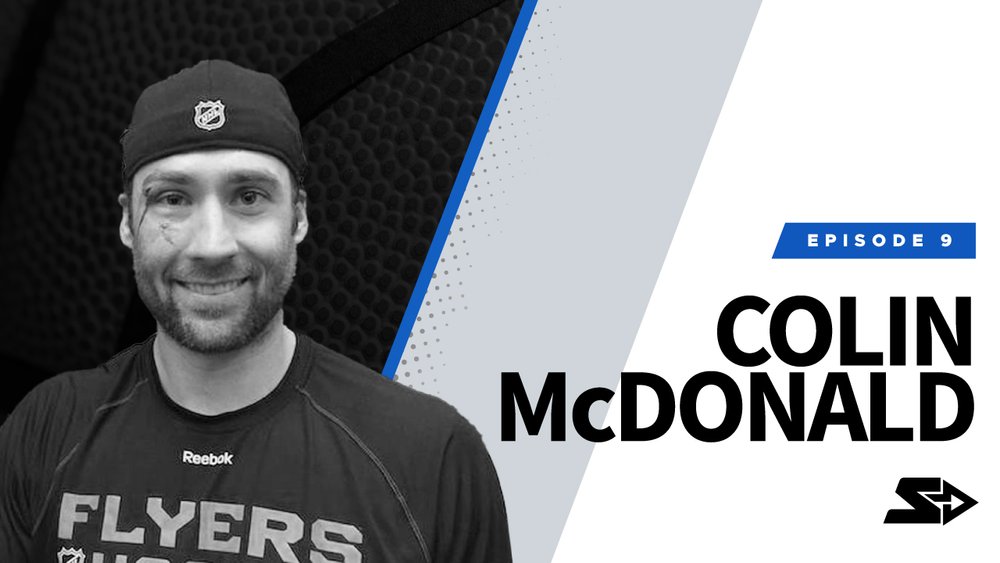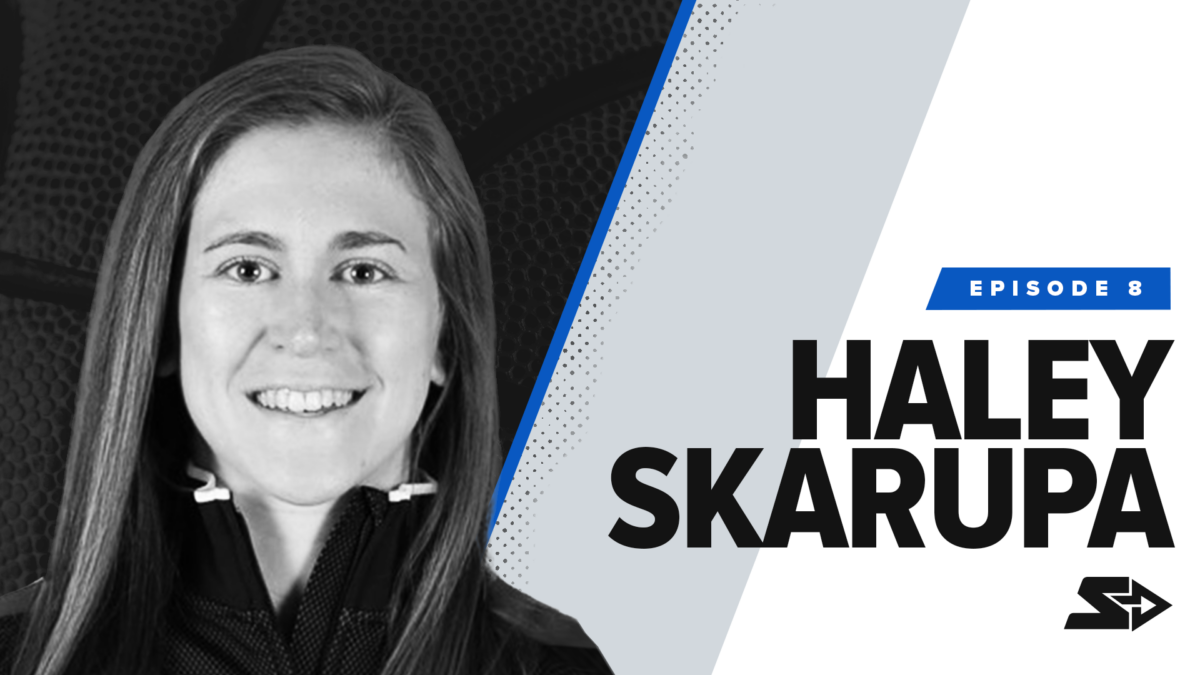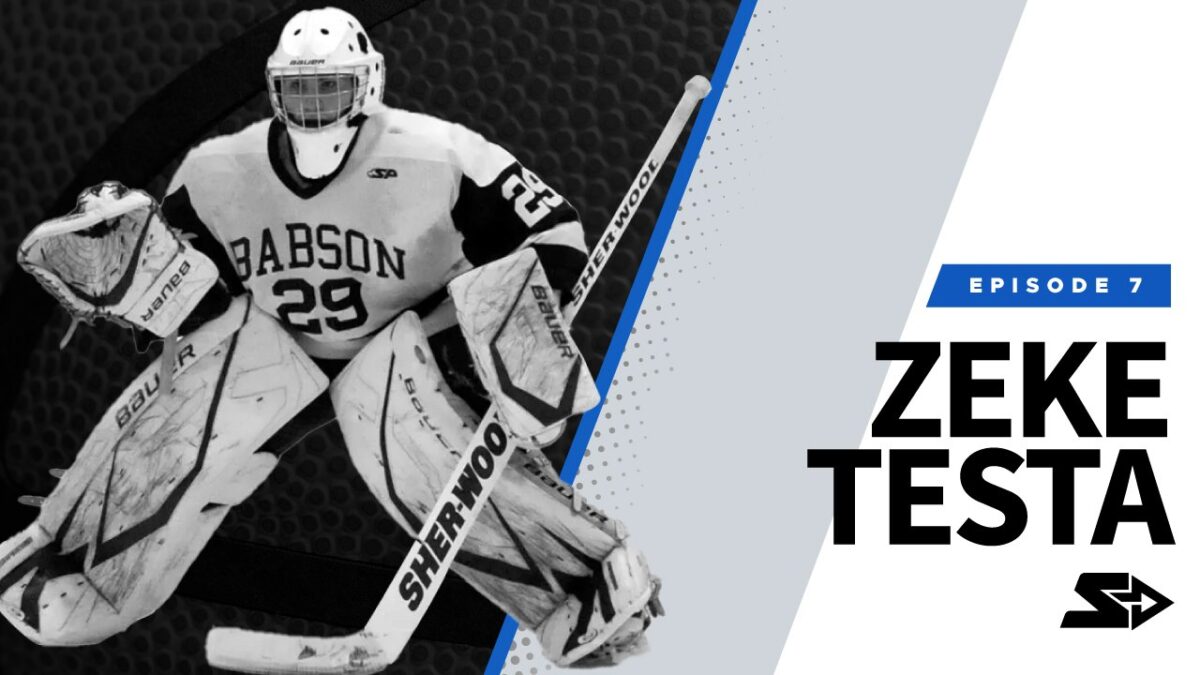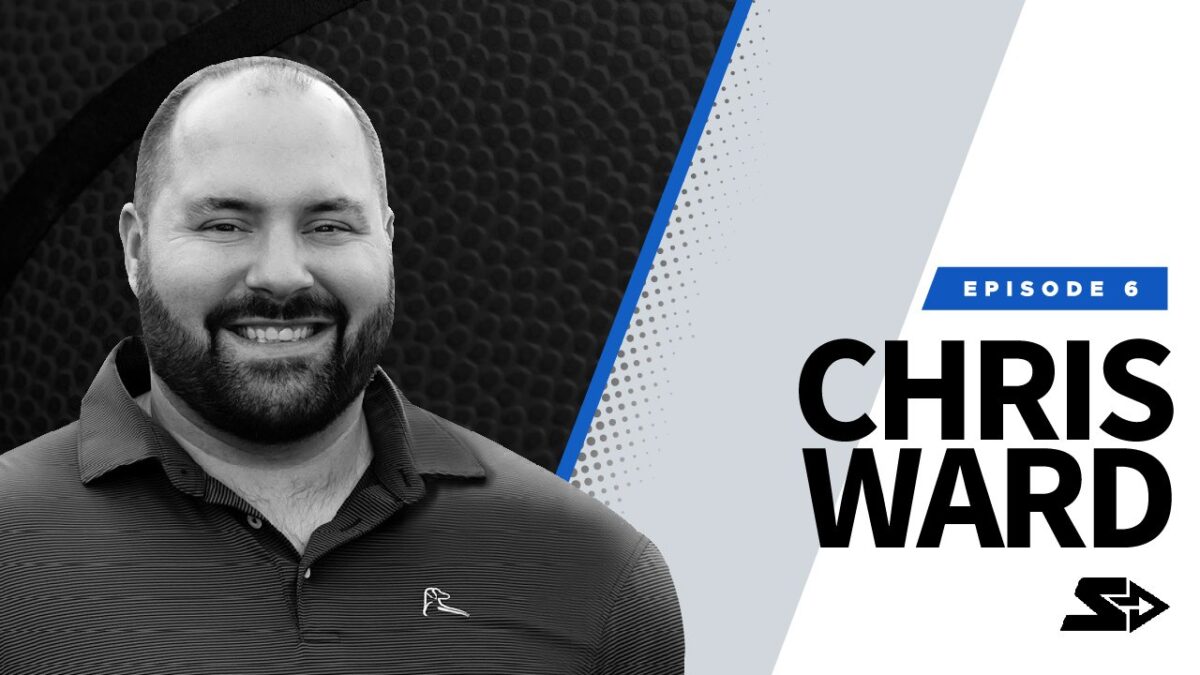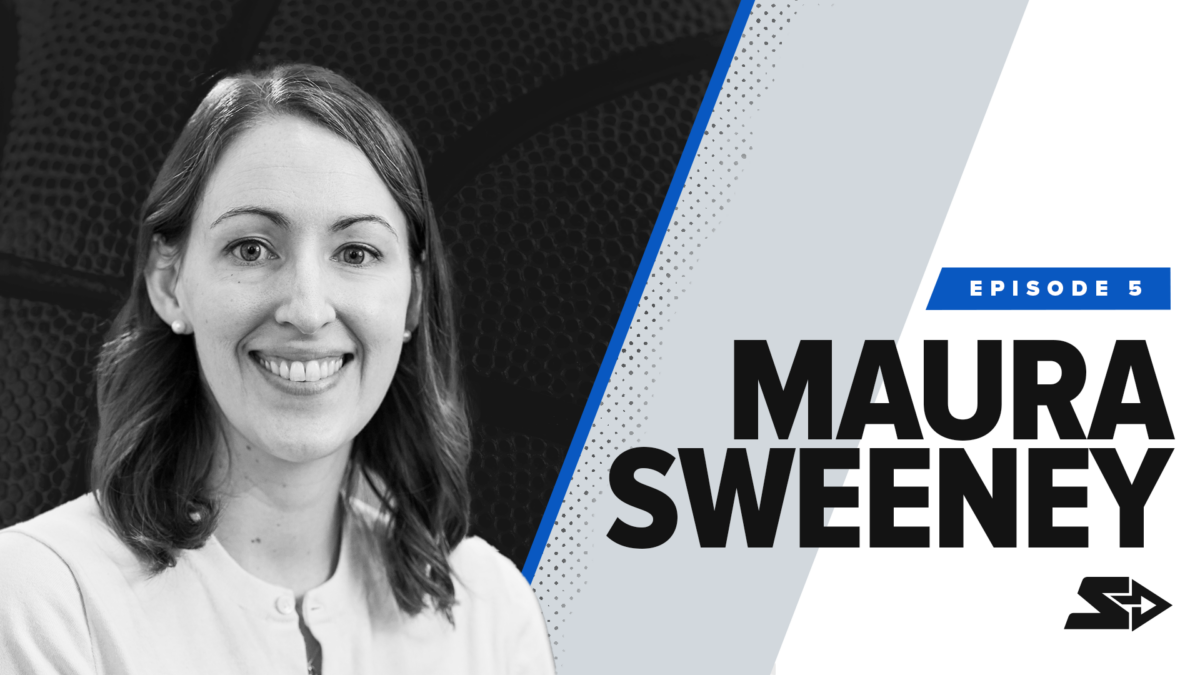Episode 4: Versatility | Jessie Bryant
Bhupendra Rathod
on
December 15, 2022
December 15, 2022
Jessie Bryant, longtime friend of JR and the Butlers, three-sport high school athlete, softball standout (and captain) at Providence College, college coach, and sales professional extraordinaire talks to JR about her road from playing to coaching to selling.
Born into a family of athletes, Jessie was destined to be an athlete. She likes to say that growing up around me and my brothers and instilled a competitive spirit in her from a very young age—can’t deny it. We both valued our friendship as time went on, though I’m not sure I noticed the extent to which Jessie was quietly observing everything and taking it all in. When she decided to transition from college coaching, the story she tells is that she thought of me. She knew I was in tech sales, and she saw me as successful. I traveled. I had a nice house. She saw in me what her life could be, so she went for it, and took the leap. I’m flattered by this, but that’s not why I mention it. I mention it because it illustrates one important piece of transitioning from sports to sales—find people you want to be like and model yourself after them.
Here’s why the transition from coaching to selling was a relatively easy one for her.
- It takes versatility. Being a multi-sport athlete gives Jessie a leg up. She clearly has the core mindset of an athlete but is aware that different sports require different mindsets. This enables Jessie to be flexible, to see important nuances and details that other people simply wouldn’t see, or they might incorrectly dismiss as not important. Jessie can find critical details hidden in the shadows. She’s always listening, looking, and taking it all in to inform her next move.
- It takes a good team. Jessie has strong relationships with many former teammates that have stood the test of time, and the impact of having good teammates isn’t lost on her. When evaluating a professional opportunity, make an in-person visit to the company. (Jessie paid for this herself—it is that important!) Get to know the people you’ll be working with, pay attention to what’s going on in the office, tune in to body language and other non-verbal clues. Make sure you interview them as much as they do you—you’re going to be working with these people and you’ll be depending on each other for your paychecks, so you need to feel comfortable that you’re joining the right team for you. As things evolve, maintain important connections—you will build the network you will inevitably need to help you make a career move, get questions answered, or just talk things through.
- It takes persistence. Love it or hate it, you gotta do it. When you go into sales, everything is new. You’ll get the same training as everyone else, but that’s hardly where you’ll develop your key skills. For Jessie, role-playing was the part of training that was hardest for her but going along with it is what ultimately led her to find her sales style, to find her voice.
When you’re a competitive athlete working as a BDR, you’ll likely have your eyes on the prize and will be looking to get promoted, to win at tech sales. But the only way to get experience is to do the thing, and it takes time. As you’re learning, don’t underestimate the role that the AEs you work for and with can play in your success. If you view each other as partners, you’ll be bought into each other’s success. If you become an AE, don’t forget that you were a BDR once. Make them feel part of your team and make time to help them—something that takes you two minutes to explain might save them six hours.
Jessie obviously has what it takes to be successful. She shared her secret for becoming elite, and it’s such an important and overlooked thing: utilize technology to help you do your job.
In Jessie’s case, it started with becoming an expert at LinkedIn Sales Navigator. Spending a few hours on the front end, doing research, building reports, and working smart is what saved her countless hours making hundreds of cold calls—allowing her to focus time and effort on her highest-value, highest-impact activities.
At this point in her career, what does Jessie think makes her a true sales pro? Transparency. Be honest with your customers. If your product isn’t the best fit at the right price for them, tell them that. When their circumstances change and they’re looking for a new solution—they will remember you, they’ll remember your product, and they will come to find you. I can’t overstate the importance of trust here—as it relates to reputation and networking and so many other critical components of tech sales success.
Tune in to get all the details and to hear Jessie’s story in her own words.
